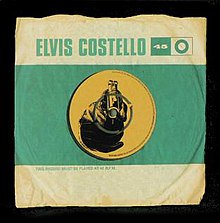Humanities students tend to ask me how do I know if the map is right?
Physicists / Engineering students tend to ask how to make a better map?
This is often said as a negative but "the map is not the territory" is fundamental to the power of maps. They are an imperfect representation of something.
We can take an environment, propose to make a change (i.e. in value or enablement systems), run a pre-mortem, make the change, run a post mortem and learn.
In science there is a rejection of truth as a value (there is no truth) and it is replaced with a constant pursuit of less imperfect models ...
Do they share the same values i.e. there no truth just a constant pursuit of less imperfect models or do people believe that there can be a truth?
Me : Persuasion? Seriously? That's a terrifying basis for any discipline to be built upon.




























